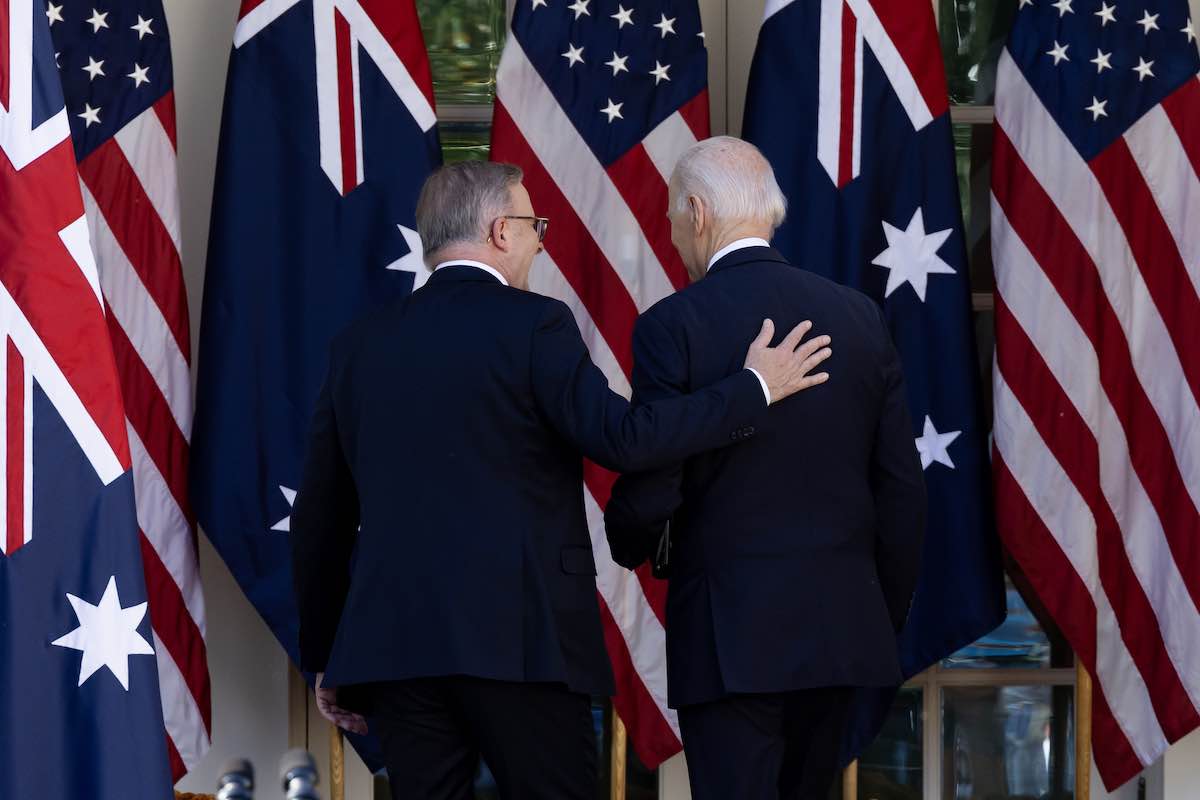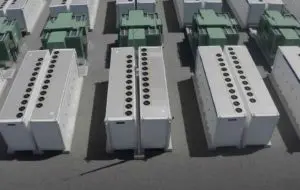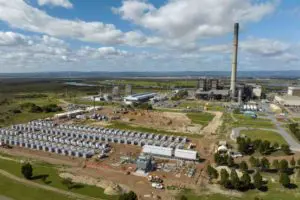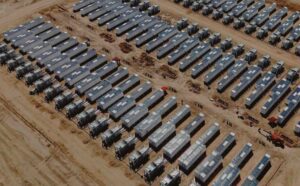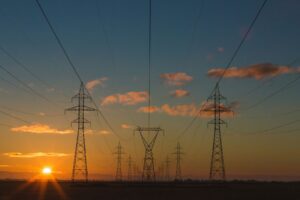The $2 billion top up for the federal Critical Minerals Facility pledged by prime minister Anthony Albanese during his state visit to the US this week is an entirely insufficient response to the unprecedented $US1 trillion industrial and energy stimulus of the Inflation Reduction Act.
The Inflation Reduction Act (IRA) is the biggest commitment of public funding in US history – and the single biggest opportunity for Australia this generation.
Australia is in a global decarbonisation investment race; $2 billion simply doesn’t cut it.
What is needed is a comprehensive policy and funding response in the form of a nation-building ‘front-loaded’ industry support package at scale, leveraging strategic public interest capital to create investor certainty, emphatically kick-off momentum and drive rapid private capital inflows into decarbonisation.
An incremental drip-feed of small, piecemeal measures absent guidance on what may or may not be coming next does not make us competitive.
The IRA is a case in point of an economically transformative policy and funding package at scale. It has catalysed more than US$500bn of new private sector investment into clean energy and critical minerals in the US in less than a year.
US manufacturing investment in the last 12 months is four times the highest previous level in US history. And the irresistible critical mass of the landmark US stimulus now threatens to accelerate the pull of capital away from Australia just when we need it most.
Climate Energy Finance, the Climate Capital Forum, the Smart Energy Council, the ACTU, Saul Griffith’s Rewiring Australia, the ACF, the Clean Energy Council and others have been calling on the government to invest $100 billion of strategic public interest capital into an Australian renewables industry package, including critical minerals, to respond to the challenge of the IRA.
Australia is the world’s largest producer of the key critical mineral lithium (50% of the world’s supply in 2022) and is abundant in the other resources such as cobalt, vanadium, graphite, rare earths, copper and nickel that underpin the energy transformation. We are the world’s biggest producer of iron ore.
We have unrealised capacity to add value to our minerals by using our low-cost, zero-emissions renewables to power refining onshore and to reestablish our sovereign processing and manufacturing capabilities – for example in battery supply chain and green iron – allowing us the competitive advantage of exporting “embodied decarbonisation.”
Triggered by the IRA and concerns over China’s ever-increasing global dominance in energy transition supply chain, economies the world over are now committing major expenditure to cleantech industry development and we need to step it up.
The central importance of energy supply chain diversity, and the enormous risks of supply chain concentration, are key lessons from the sanctions against Russia on the back of Putin’s invasion of the Ukraine.
China’s embargo last week on exports of graphite – a key input into batteries for EVs, with China leading the world in mining and refining – builds on its embargo last month of two rare earths in retaliation to the embargo of US chip exports to China, and flags what could be to come.
There is a clear opportunity for Australia to step up as an alternate supplier of the value-added critical minerals and metals the world needs to drive the energy transformation, and play a leading role in building-out supply chain diversification.
But the speed and momentous size of the shift underway requires support to de-risk and crowd in private investment at world scale. An example of this was Export Finance Australia’s contribution to battery minerals producer Liontown Resources’ $1bn capital raise last week.
Our high-level geostrategic alliance with the US, including the Critical Minerals and Clean Energy Compact should give us leverage to position ourselves as a world leader in global cleantech by building secure critical minerals and energy transition materials supply chains with the US.
However, there was little substantive coming out of the Albanese-Biden series of meetings in the way of new investment.
There remains the prospect of Congress approving that Australia be treated as a domestic supplier under the Defense Production Act, which would open up new investment and export possibilities for Australian critical minerals, clean tech, energy transition materials and renewables supply chain.
This could also give Australian projects and investments access to the massive funding and concessions under the IRA. This was first raised in May when the Compact was announced, and would be highly significant if approved, but it is still unresolved.
In terms of our domestic positioning and strategic allocation of public capital, for Australia to sink hundreds of billions of dollars into submarines and an infinitesimal fraction of that into critical minerals is to misread a geopolitical context where our energy supply chain security and national security are fundamentally linked. They are called “critical” minerals for a reason.
Meanwhile, as the overriding existential threat of the climate crisis escalates, the Australian government props up the fossil fuel industry with subsidies and concessions exceeding $10bn each year, a figure which dwarfs the $2bn token committed to critical minerals this week.
And while Australia’s historical dependence on coal and gas exports and continued fossil fuel expansion gives us the dubious distinction of being a global top three exporter of emissions alongside Russia and Saudi Arabia, it also puts us at economic risk as the world rapidly decarbonises.
We urge the government to commit without delay to a cornerstone ~$100bn critical minerals and energy supply chain investment package to advance the national interest and secure our future prosperity.
A strategic commitment of this scale would not only help ensure our energy independence, but would realise massive employment, trade, economic, emissions reduction, environmental and social benefits, reindustrialising our economy, diversifying our exports and creating hundreds of thousands of jobs.
We are passing a critical inflection point in the accelerating global green economic transition. The opportunity cost of inadequate action by our government is too great to contemplate, and, like the mounting catastrophe of climate inaction, will be borne by future generations.
Tim Buckley is director of Clean Energy Finance. Annemarie Jonson is chief of staff at CEF

